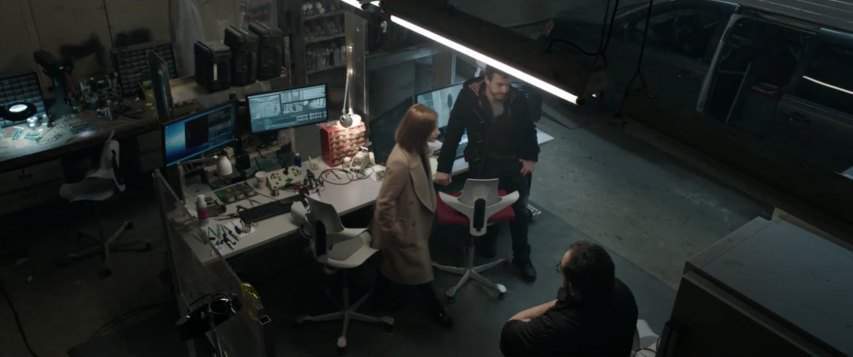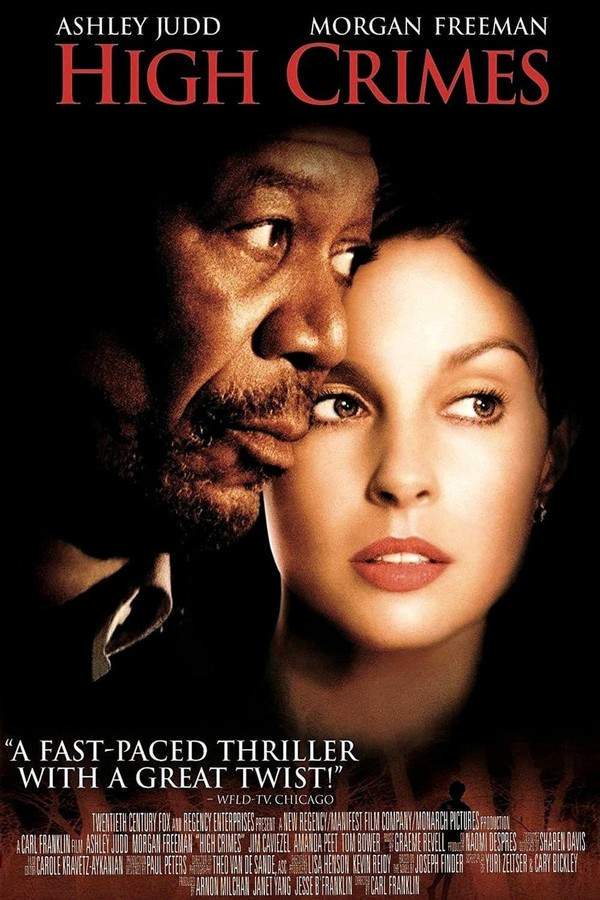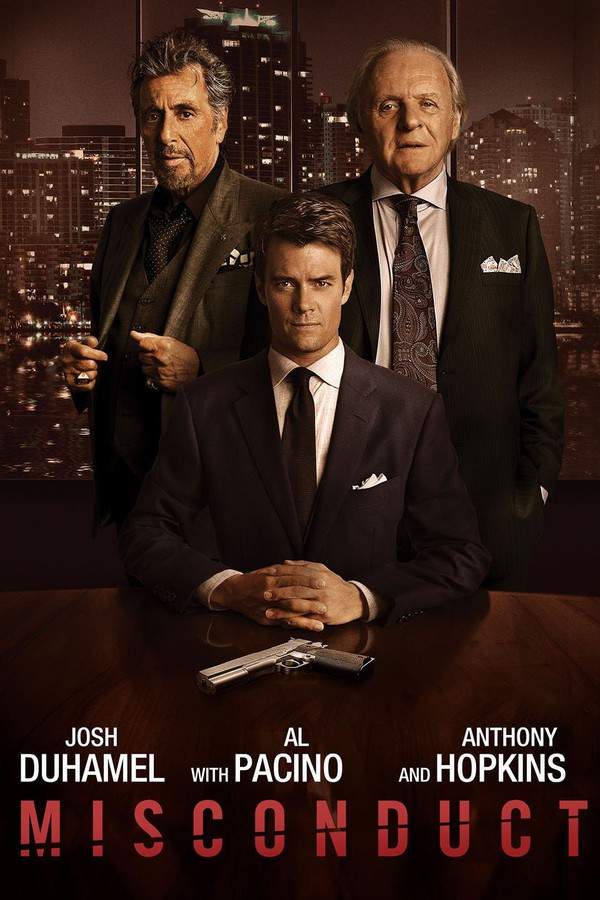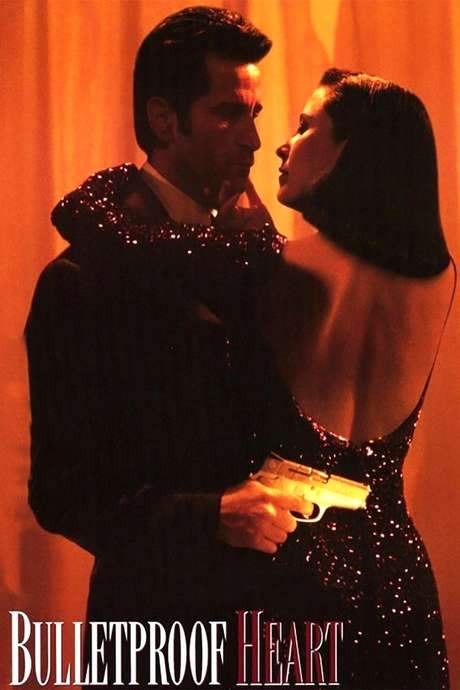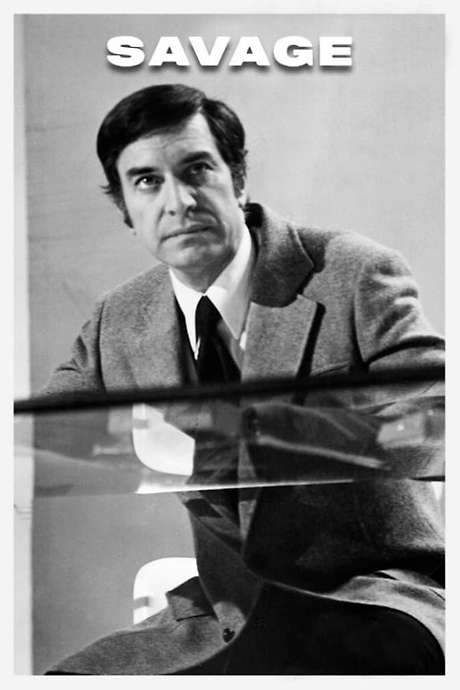Miss Sloane 2016

A brilliant and ruthless political consultant, Elizabeth Sloane, thrives in the competitive world of Washington, D.C. Known for her unmatched skill and winning record, she takes on her most challenging case yet, battling a powerful opponent. As she fights for victory, she is forced to examine the personal sacrifices required for success and the potential cost to her own values.
Does Miss Sloane have end credit scenes?
No!
Miss Sloane does not have end credit scenes. You can leave when the credits roll.
Meet the Full Cast and Actors of Miss Sloane
Explore the complete cast of Miss Sloane, including both lead and supporting actors. Learn who plays each character, discover their past roles and achievements, and find out what makes this ensemble cast stand out in the world of film and television.
External Links and Streaming Options
Discover where to watch Miss Sloane online, including streaming platforms, rental options, and official sources. Compare reviews, ratings, and in-depth movie information across sites like IMDb, TMDb, Wikipedia or Rotten Tomatoes.
Ratings and Reviews for Miss Sloane
See how Miss Sloane is rated across major platforms like IMDb, Metacritic, and TMDb. Compare audience scores and critic reviews to understand where Miss Sloane stands among top-rated movies in its genre.

64
Metascore
7.1
User Score


76%
TOMATOMETER

72%
User Score

7.5 /10
IMDb Rating

74
%
User Score

3.7
From 357 fan ratings

3.21/5
From 19 fan ratings
Take the Ultimate Miss Sloane Movie Quiz
Challenge your knowledge of Miss Sloane with this fun and interactive movie quiz. Test yourself on key plot points, iconic characters, hidden details, and memorable moments to see how well you really know the film.
Miss Sloane Quiz: Test your knowledge on the intricate plot and characters of the political thriller 'Miss Sloane'.
Who plays the lead role of Elizabeth Sloane?
Jessica Chastain
Alison Pill
Gugu Mbatha-Raw
Sam Waterson
Show hint
Awards & Nominations for Miss Sloane
Discover all the awards and nominations received by Miss Sloane, from Oscars to film festival honors. Learn how Miss Sloane and its cast and crew have been recognized by critics and the industry alike.
74th Golden Globe Awards 2017

Full Plot Summary and Ending Explained for Miss Sloane
Read the complete plot summary of Miss Sloane, including all major events, twists, and the full ending explained in detail. Explore key characters, themes, hidden meanings, and everything you need to understand the story from beginning to end.
Elizabeth Sloane, portrayed by Jessica Chastain, emphasizes the essence of lobbying: it’s all about foresight, anticipating your opponent’s strategies, and crafting ingenious countermeasures. During a media-covered hearing, Elizabeth, alongside her lawyer, faces serious allegations of bribery and corruption yet opts to invoke her Fifth Amendment rights, stating, > “Upon the advice of counsel, I must respectfully decline to answer your question.”
As the tale unfolds, we flashback to seven months prior. Elizabeth, engaged in a discussion with her colleague Jane (Alison Pill), expresses concern about the Federal Government’s palm oil tax, which is stripping funds from the people of Indonesia. She craftily suggests that a senator supporting the bill should embark on an all-expenses-paid trip funded by the Indonesian government—a tactic she believes will effectively derail the proposed legislation.
Simultaneously, Elizabeth meets George Dupont (Sam Waterson), the owner of her firm, along with the president of the Gun Lobby, who fearfully addresses the Heaton-Harris Amendment—a bill requiring background checks for gun purchases. They want Elizabeth to be the public face opposing the amendment, leveraging her gender to sway public perception. However, Elizabeth stands firm in her convictions, believing in the necessity of the amendment due to her personal history with gun violence.
Throughout her journey, Elizabeth’s professional relationships evolve. She decides to leave her firm to join Rodolfo Schmidt at Peterson Wyatt. With promises to maintain her team’s current compensation, she sets off on a new path, although not without internal conflict. One team member, Pat Connors, grapples with loyalty to the Gun Lobby and eventually parts ways with her.
Fast forward to the present, where Elizabeth faces scrutiny in court about bribing a senator. Her frustration escalates when Congressperson John Lithgow probes into her personal life, leading her to vehemently defend her medication for insomnia, asserting, “I’m not a drug addict.”
As the narrative unfolds, we witness Elizabeth employing clever tactics to draw attention to the necessity for gun control, even disguising her intentions in a rally. By orchestrating a media strategy, she attempts to highlight the awful consequences of gun violence through poignant television appearances from those affected. Meanwhile, Elizabeth devises a plan to capture the senate vote by planting strategic questions during fundraisers.
However, her innovative approaches reveal cracks in her reputation. When previous associates begin to expose her actions to the media, she becomes embroiled in a scandal driven by the Gun Lobby. Faced with mounting pressure and accusations, Elizabeth’s determination hardens, leading her to refocus her team on strategies in different states.
Eventually, her relentless ambition and capacity for manipulation culminate in a heated televised debate where she stands firm against the onslaught from her rivals, employing sound bites and compelling arguments. Using vivid storytelling, she hopes to humanize the statistics and sway public opinion. Her tenacity sharpens her public persona, but it also complicates her personal life, especially her interactions with Forde, an escort she connects with on multiple levels.
While the tension escalates, Elizabeth learns how to navigate the political landscape with finesse, resorting to surveillance and strategy to expose unethical practices against her. The climax reveals betrayals and unexpected alliances, as Elizabeth’s journey is fraught with moral dilemmas and personal sacrifices.
In a twist, Elizabeth’s backstory with her former colleague Jane adds another layer of complexity. When the dust settles, Elizabeth stands before Congress, openly discussing the immoral tactics used against her while advocating for the truth about the amendment she has pushed so fervently. In the courtroom, she declares, “Lobbying is about foresight,” exhibiting a deft understanding of the political battlefield.
Ultimately, Elizabeth faces the consequences of her actions and the impact of a deeply embedded smear campaign against her. As she enters prison for her misdeeds, she learns about the ripple effect of her campaign. Despite personal losses incurred, the amendment she fought for passes—marking a complicated victory in her relentless quest for justice in gun control legislation. As she leaves prison, the world around her shifts, revealing how much her efforts—though fraught with controversy—have changed the political landscape forever.
Uncover the Details: Timeline, Characters, Themes, and Beyond!

Coming soon on iOS and Android
The Plot Explained Mobile App
From blockbusters to hidden gems — dive into movie stories anytime, anywhere. Save your favorites, discover plots faster, and never miss a twist again.
Sign up to be the first to know when we launch. Your email stays private — always.
Watch Trailers, Clips & Behind-the-Scenes for Miss Sloane
Watch official trailers, exclusive clips, cast interviews, and behind-the-scenes footage from Miss Sloane. Dive deeper into the making of the film, its standout moments, and key production insights.
Cars Featured in Miss Sloane
Explore all cars featured in Miss Sloane, including their makes, models, scenes they appear in, and their significance to the plot. A must-read for car enthusiasts and movie buffs alike.
Miss Sloane Themes and Keywords
Discover the central themes, ideas, and keywords that define the movie’s story, tone, and message. Analyze the film’s deeper meanings, genre influences, and recurring concepts.
Miss Sloane Other Names and Titles
Explore the various alternative titles, translations, and other names used for Miss Sloane across different regions and languages. Understand how the film is marketed and recognized worldwide.
Similar Movies To Miss Sloane You Should Know About
Browse a curated list of movies similar in genre, tone, characters, or story structure. Discover new titles like the one you're watching, perfect for fans of related plots, vibes, or cinematic styles.
Quick Links: Summary, Cast, Ratings, More

What's After the Movie?
Not sure whether to stay after the credits? Find out!
Explore Our Movie Platform
New Movie Releases (2026)
Famous Movie Actors
Top Film Production Studios
Movie Plot Summaries & Endings
Major Movie Awards & Winners
Best Concert Films & Music Documentaries
Movie Collections and Curated Lists
© 2026 What's After the Movie. All rights reserved.





















